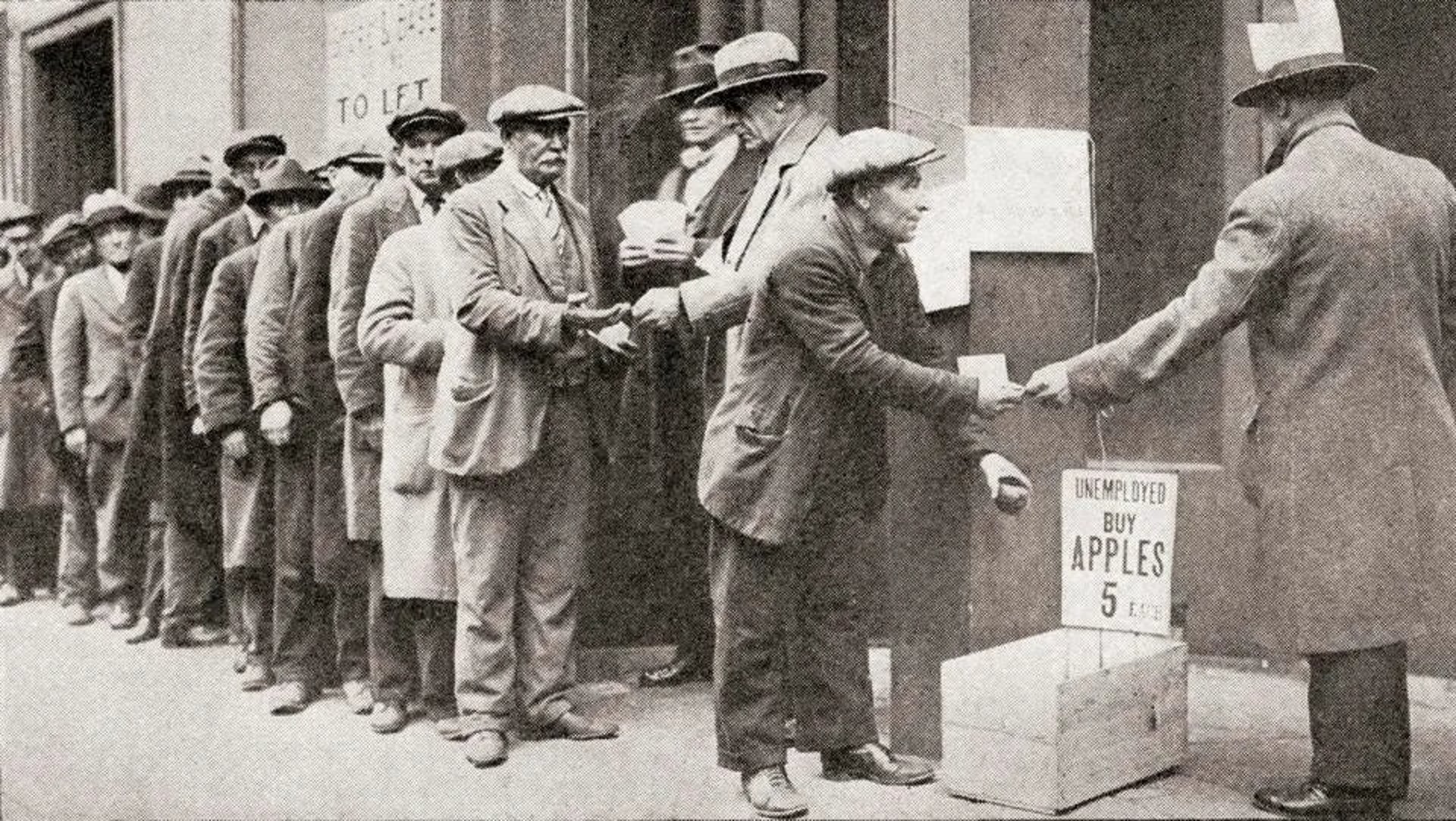
The Paperboy
Cardboard beds make for easy mornings
SHORT STORYA PURPOSEFUL LIFE
The old lantern flickered.
A young boy scooted closer, his hands nearly touching the flame.
From his pocket, he pulled out his last few scraps of yellow grass.
‘One, two, three, four’, he counted, placing the individual blades into his left hand one after another before observing the remainder in his right hand, ‘…and again, one, two, three, four.’ He twisted the two thin bundles into short chords, reached through the shattered glass exterior of the lantern, and placed them into the candle. For a second, the dry tinder floated atop the thin film of molten wax; then, it caught fire. It was as if the old lantern had been called from the dead to fight back darkness again - one final stand before retiring to its grave.
Shadows danced on the floors. As quickly as the flame had grown, it also waned, whispering its own eulogy and retreating from the freezing night.
The boy sat in the dark, repeating the same line over and over again.
‘E-U-G-E-N-E, Eugene. E-U-G-E-N-E, Eugene.‘
He lifted his legs and rolled onto five meticulously flattened cardboard boxes to his left. He pulled an oversized wool jacket up to his chin, flexing his chest and arms to stop the shivering.
Silence settled in. The night could awaken the senses in a way that broad daylight could not.
Distant train tracks rattled beneath the weight of a heavy steam engine.
An owl called out, expecting no reply.
The wind chased crunchy leaves down the street until a puddle captured and drowned them.
‘My name is Eugene’, he began to whisper again. His words froze like a puff of breath as he mouthed, ‘E-U-G-E-N-E, Eugene.’
The boy gazed into the dark, but even after long moments had passed, not an outline of shadow could be found. Clouds covered the winter sky; even the moon could not breach their walls.
Darkness is not something that simply arrives and then departs. It covers the land, darkness does, they say, as if it were some kind of blanket that extinguishes the day. Candles and streetlamps, fires, and even electric lightbulbs try to burn holes through this blanket, but all these breaks are mended when the wick runs out and the stockpile of wood is exhausted. And so it is, the stars shine through the fabric; only the moon remembers the sun long after the earth's surface has forgotten what light was.
A red dawn marked the charring of the night’s blanket as the sun sent it off to the tailor to be patched. The boy woke early, eager to escape the discomfort of his makeshift bedroom. Admittedly, the empty office of an abandoned warehouse was a miserable excuse for the bedroom of a twelve-year-old boy. But on this day, there was no room for grumbling or complaining. He counted himself lucky to have a roof over his head. He pitied the rich, who had to pry themselves from the comfort of their beds each morning. He did not have to deal with such difficulties, for cardboard beds make for easy mornings.
A loud screech welcomed a dry winter breeze as Eugene pulled open the rusty factory door. His chest expanded, air filling his lungs. Was that spring he could smell, or was it the hope of purpose and a new beginning that waited to be grasped with the rising of every sun?
The warmth he felt in his heart, however, did not mirror the sight that befell his eyes. The town of St. Louis was tired, grasping at straws to hold onto something - anything, even if it did not remotely resemble hope.
The young boy hurried down narrow alleyways that had yet to receive news of the dawning day. He soon reached the town center. Mobs of starving citizens lined her streets. Coats tattered, boots worn, faces empty, eyes reminded of the night. A blanket covered where a spark should be.
If St. Louis was alive, then it was gasping for air, its last breath a prayer for winter to release its stranglehold on the town. Winter is always tough, but winter in the 1930s was a special kind of cruel. It seemed to recognize weakness and enjoy the agony it inflicted on its victims.
‘E-U-G-E-N-E, Eugene‘, he rehearsed one more time. His footsteps slowed as he neared one of the few windows from which light protruded. The building was marked by mysterious letters hanging on the wall in their unmistakable font. He paused at the entrance.
With a jingle, the door in front of him swung open, allowing sounds of machinery and conversation to escape the small office. A boy emerged, the scent of ink clinging to his clothes. For a moment, he halted, staring at the young stranger before him. Their eyes met, though the young fellow could scarcely see over the stack of newspapers in his arms. His small coat was tattered, his leather boots held onto his feet with their last remaining fibers; but his face was not empty, and there was no tired in his eyes. No blanket was snuffing out the spark. It seemed as though that covering had long been charred by hope. Sharing only a knowing nod, the paperboy went on his way.
Eugene left behind all hesitation and entered the building.
For blankets cannot forever wrap the lands in darkness.
Winter cannot forever strangle hope.
And cardboard beds make for easy mornings.
Hope is light breaking the blanket of bondage.
Hope is setting us free, shattering the stranglehold of darkness, releasing us from the despair of
pain, wrapping so tightly around us.
Freedom is born out of Hope.
It’s light sets our feet to dancing, filling our hearts with rainbows of sparkling laughter and joy.
- Jane Curran

Source: medium.com/@jghalymacaulay
